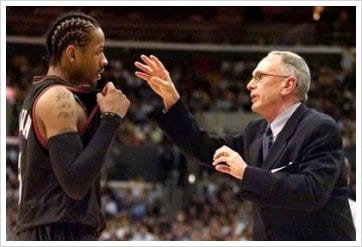by Drew Mitchell – January 2016 Who are you? What separates you from everyone else in your business? How is your brand perceived by others? “Branding you” was the topic of our panel discussion held at the new Foster Campus for Business and Innovation at Baylor University. The audience consisted of students from the Sports Sponsorship &…Continue Reading Branding You in the Business of Sports
Branding You in the Business of Sports



